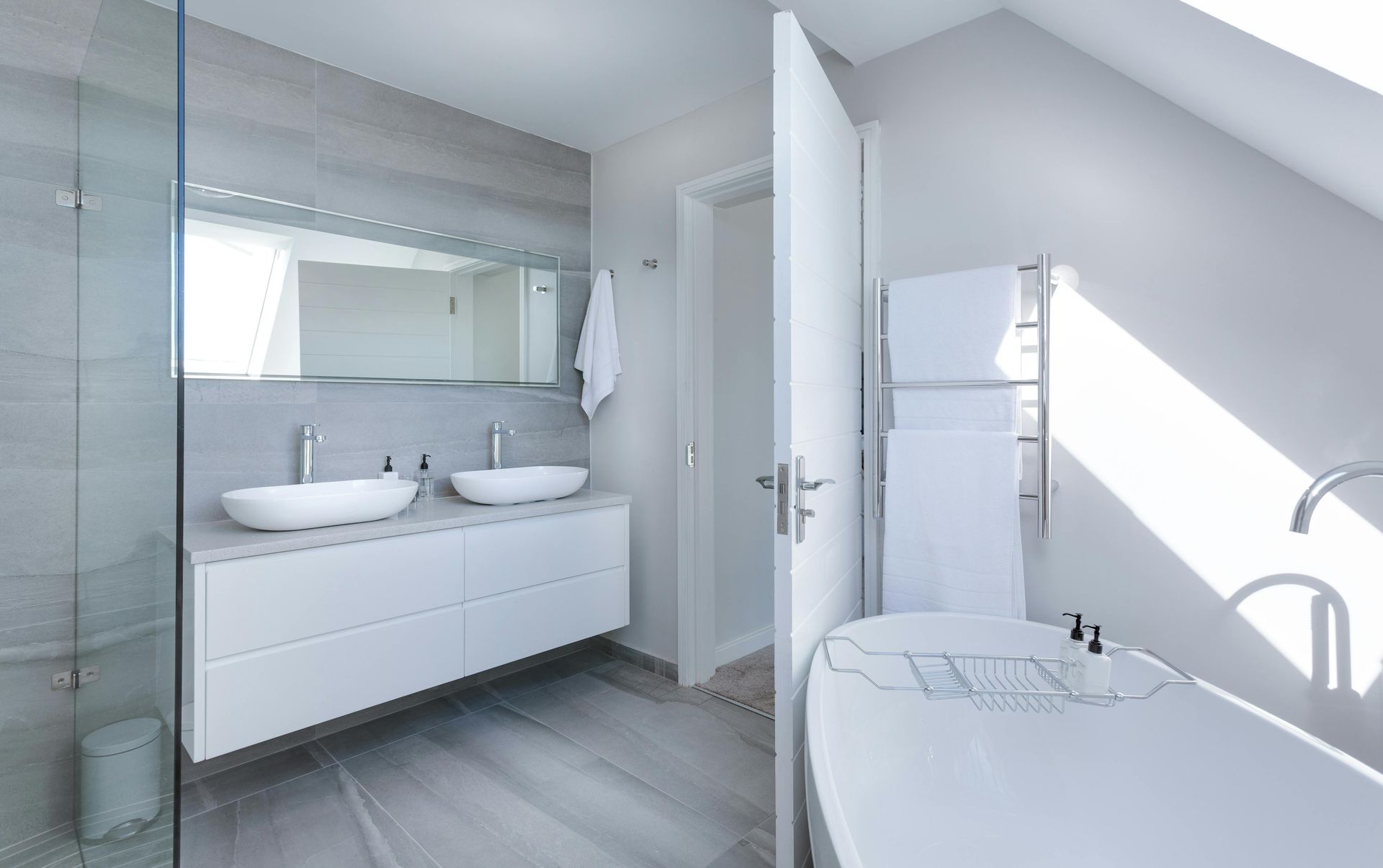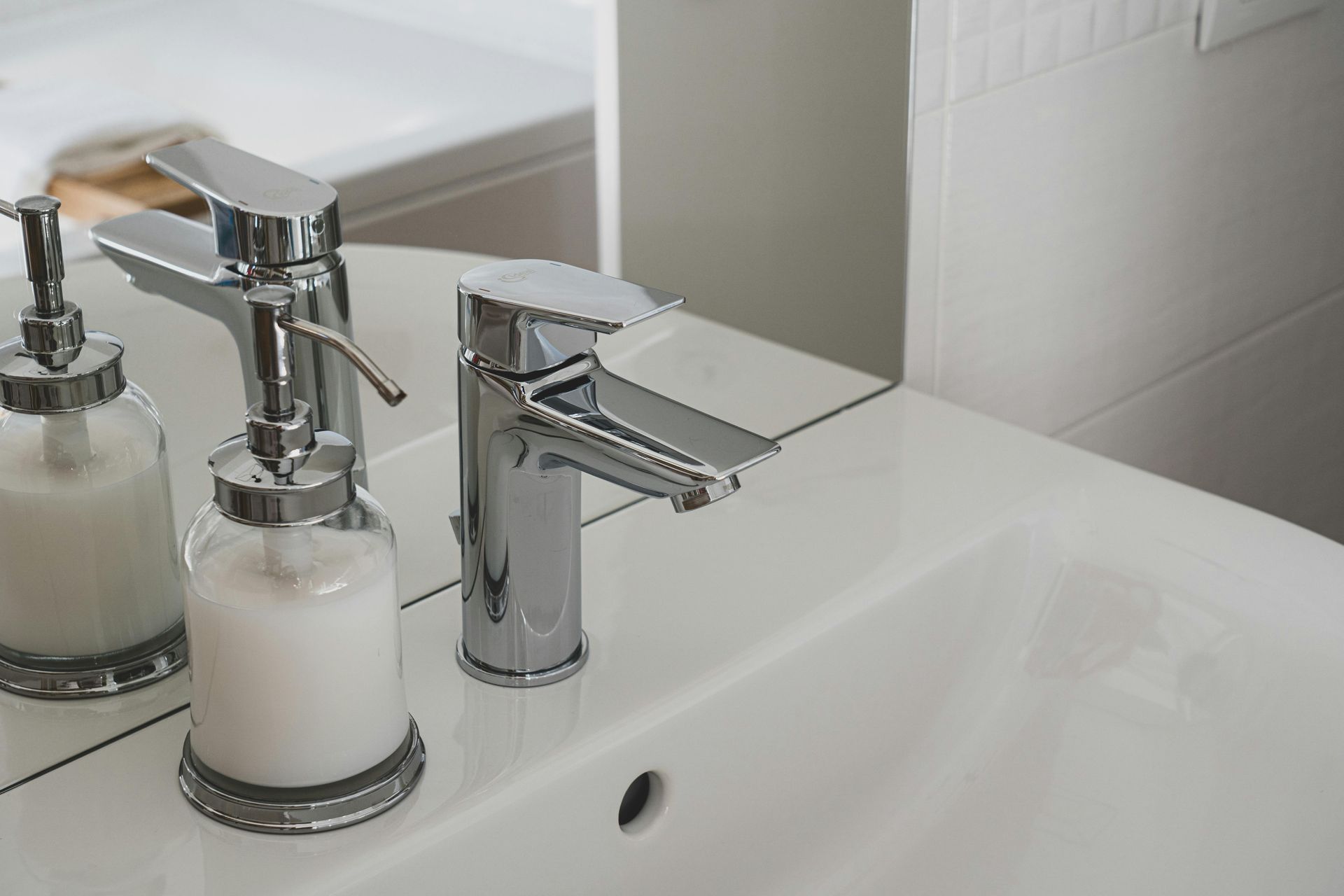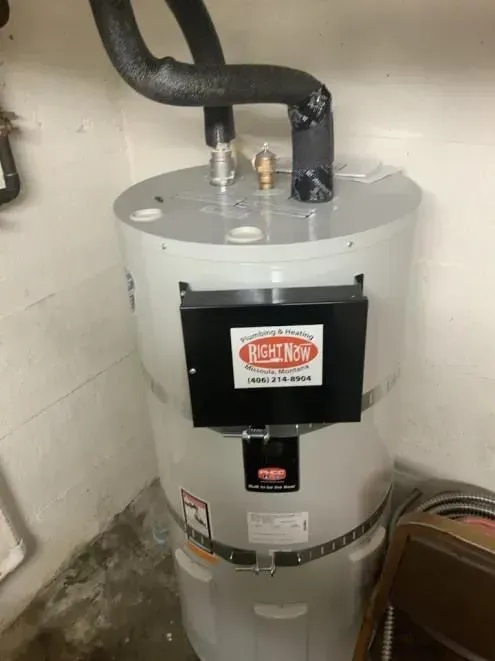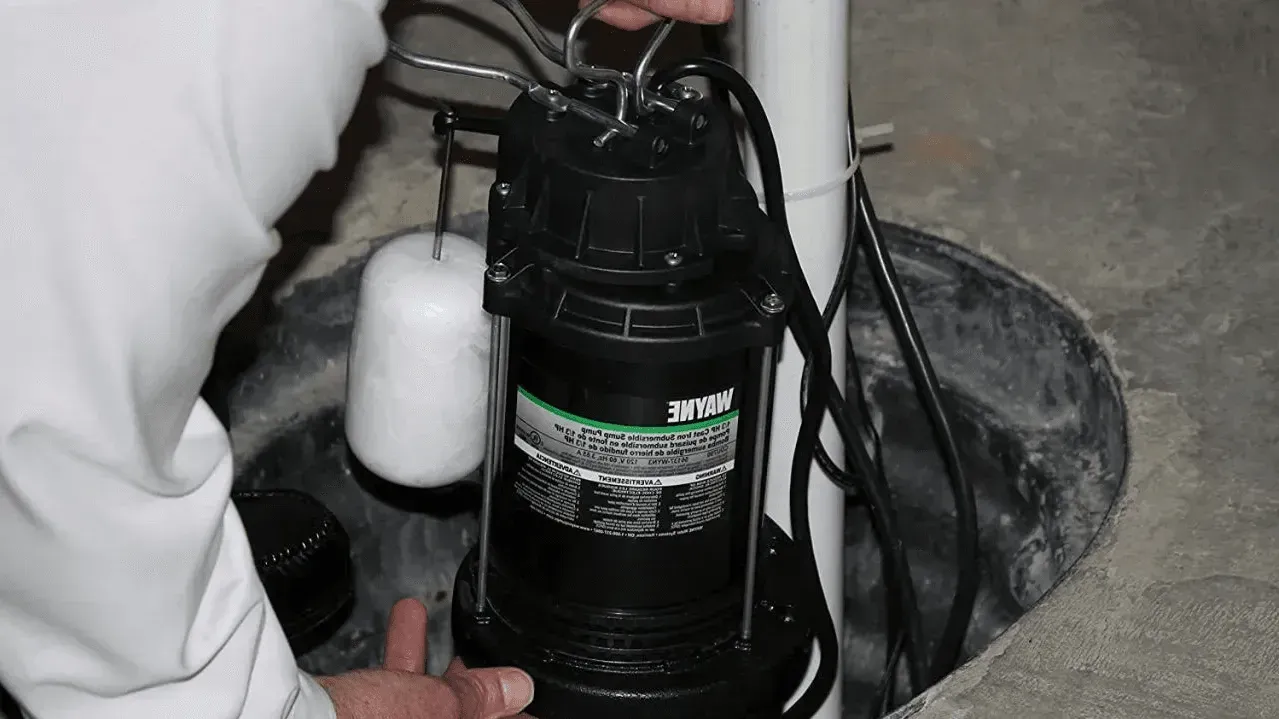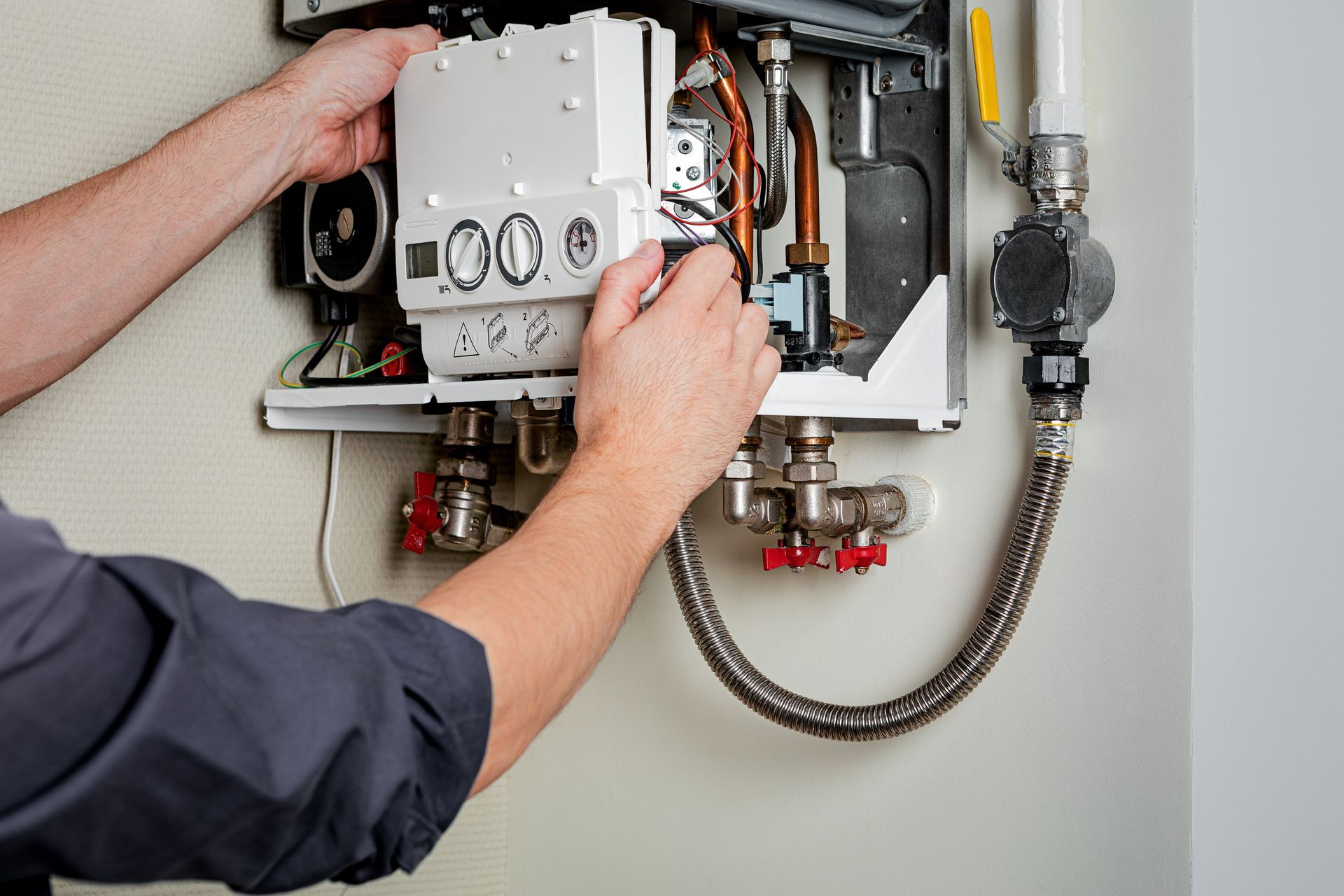How Much Does a Tankless Water Heater Cost?
Discover how much a tankless water heater costs, including electric and gas options. We’ll also cover 30-gallon, 50-gallon models, installation fees, and operating costs.
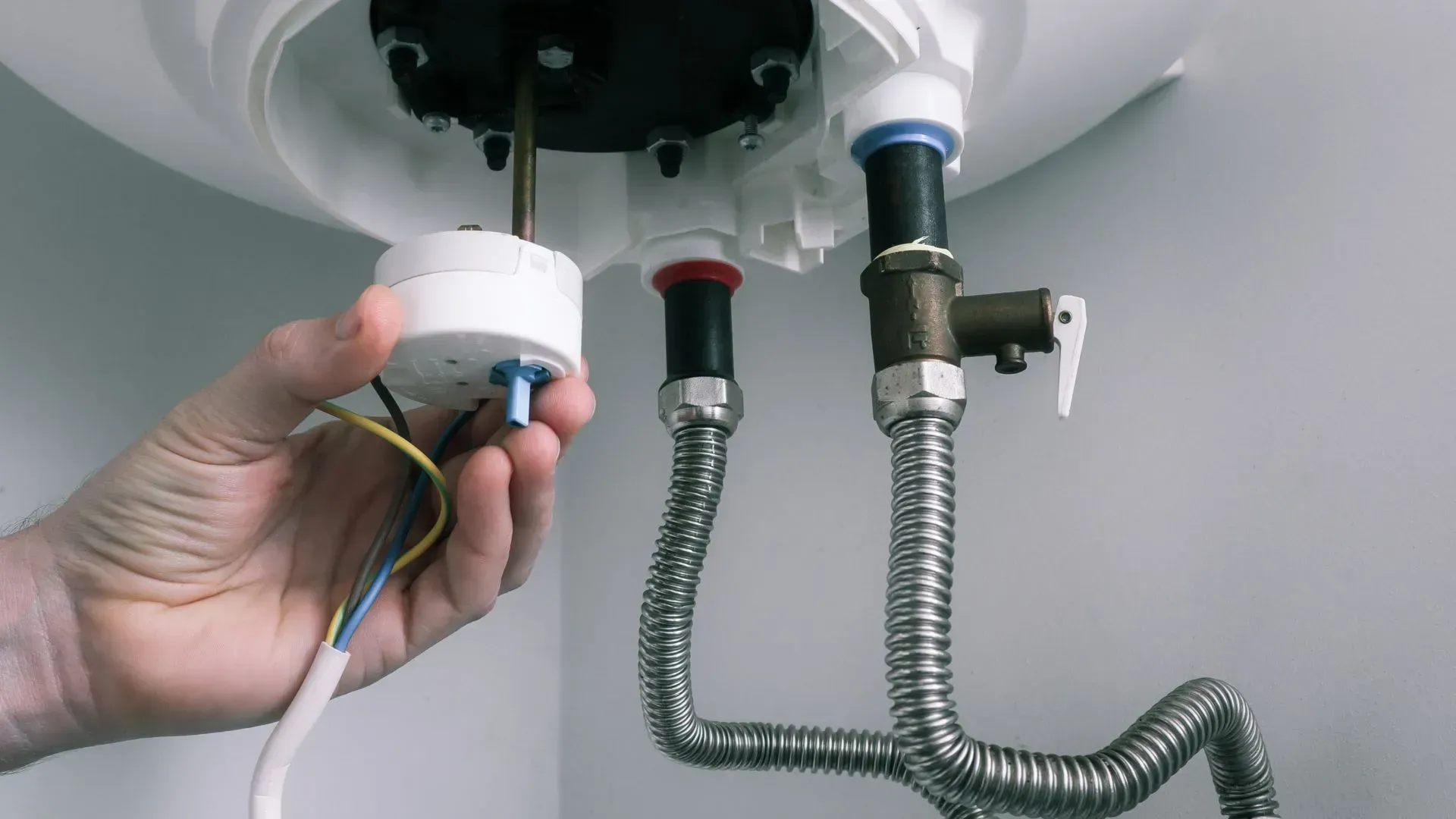
Understanding the Cost of a New Water Heater
Shopping for a water heater isn’t always as easy as it sounds. With so many models, like electric tankless water heaters, 50-gallon storage tanks, and gas water heaters, it’s easy to feel overwhelmed by all the options.
On top of that, installation fees, energy costs, and maintenance expenses can vary depending on where you live..
If you're unsure which option is best for your home, don't worry, you’re in the right place. In this blog from Right Now Plumbing, our experts break down the costs and benefits for each type of water heater.
Types of Water Heaters. Which One Suits Your Home?
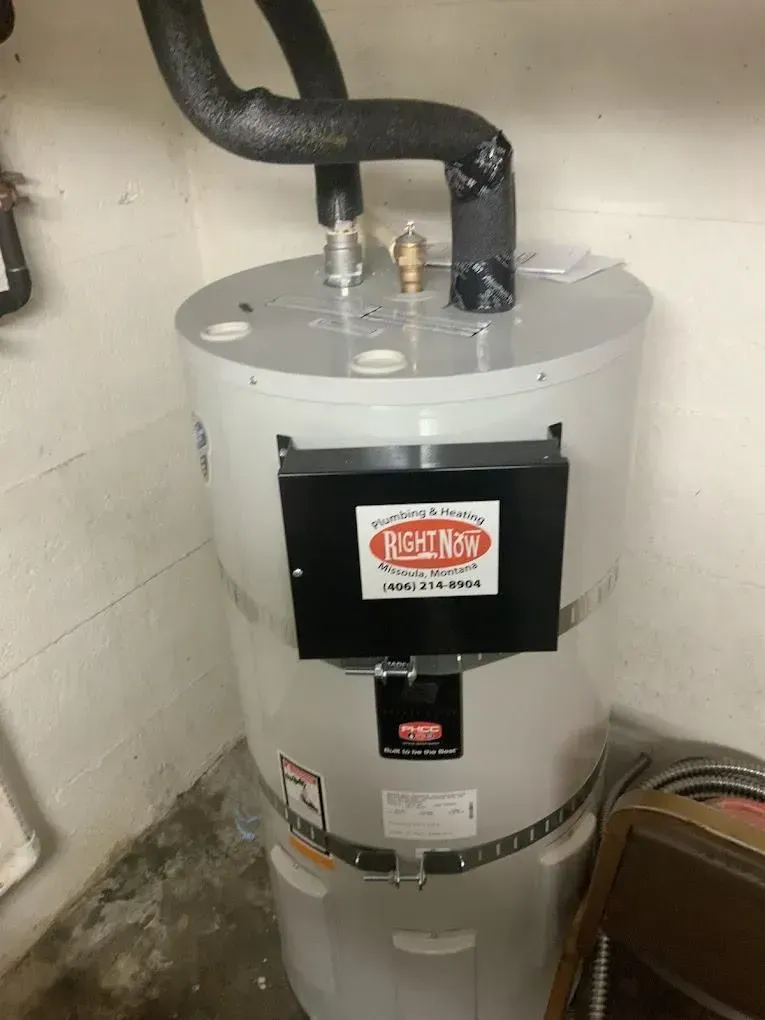
With so many water heater types and brands available, finding the right one can feel exhausting. Here’s a quick overview to help narrow down your options.
Tankless Water Heaters
Tankless water heaters heat water on demand, meaning no waiting for hot water to come through to your shower. You’ll have the endless comfort of hot water.
- Best For: Energy-conscious households or homes with limited space
- Pro Insight: Not sure if a tankless water heater is right for your home? Give us a call and we’ll walk you through the pros and cons, and help you decide if it's a smart upgrade for your home.
Traditional Tank Water Heaters
Traditional water heaters are popular for their lower upfront cost. They store hot water in a 30, 40, or 50-gallon tank, which can run out during heavy use but still fits many families' needs.
- Best For: Families looking for an affordable water heating solution
- Pro Insight: Curious about how much a 50-gallon water heater costs with installation? Contact us today, and we’ll provide a free quote tailored to you.
How Much Does a Tankless Water Heater Cost?
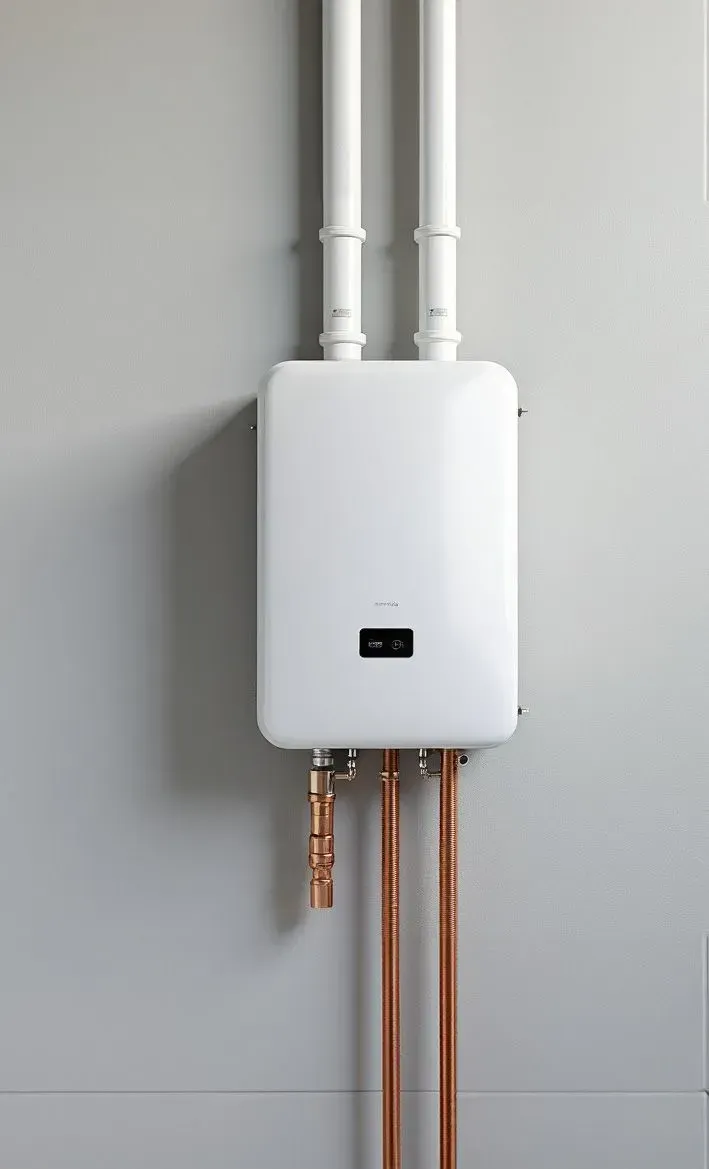
If you’re considering upgrading to a tankless water heater, figuring out the total cost is something you’ll want to know.
Tankless models offer longer term energy savings but sometimes come with higher installation costs. Here’s what to expect:
How Much Does an Electric Tankless Water Heater Cost?
- Unit Cost: $500 - $1,500
- Installation Cost: $300 - $1,000
- Monthly Operating Cost: ~$30-$50/month (depending on electricity rates)
- Pro Tip: If you want to make sure your home’s electrical system can handle the upgrade, our licensed plumbers can inspect your setup beforehand.
How Much Does a Tankless Gas Water Heater Cost?
- Unit Cost: $800 - $2,000
- Installation Cost: $500 - $1,500
- Monthly Operating Cost: ~$20-$40/month
Call Right Now Plumbing today for a free no obligation estimate to see how much you could save by switching to gas.
How Much Does a Regular Tank Water Heater Cost?
For many homes, a traditional water heater is still a viable choice. Here’s a breakdown of the costs involved:
How Much Does a 50-Gallon Water Heater Cost?
- Unit Cost: $500 - $1,500
- Installation Cost: $400 - $1,200
If you’re considering how much a 30, 40, or 50-gallon water heater costs, don’t forget to factor in installation fees. We offer competitive pricing and same-day installation, so you never have to go without hot water.
How Much Does a Gas Water Heater Cost?
- Unit Cost: $400 - $1,600
- Installation Cost: $500 - $1,500
Need to install a gas water heater but worried about the costs? We can help you find potential gas line upgrades, so you get the right water heater at the most affordable price. Give us a call today for a free estimate.
Tankless vs. Traditional Water Heater: Which One Offers Better Value?
Here’s a quick comparison to help you decide:
| Feature | Tankless Water Heater | Traditional Tank Water Heater |
|---|---|---|
| Upfront Cost | $800 - $3,500 | $300 - $1,500 |
| Lifespan | 20+ years | 10-15 years |
| Monthly Energy Cost | ~$20-$50 | ~$30-$60 |
| Hot Water Supply | Endless | Limited to tank size |
If you’re still not sure which water heater is right for your home, our professionals at Right Now Plumbing are well equipped to help! We review your households needs, budget, and energy goals to recommend the perfect solution.
Frequently Asked Questions
How much does a water heater cost on average?
- On average, expect to pay between $800 and $2,500, including installation.
What is the cheapest water heater to install?
- Traditional 30-gallon electric water heaters are usually the most affordable.
Do tankless water heaters cost more to install?
- Yes, because they require specialized venting and electrical or gas upgrades.
How much does a 50-gallon water heater cost with installation?
- It typically costs between $900 and $2,700, including installation.
How much does a gas water heater cost to install?
- Installation can range from $500 to $1,500, depending on existing gas lines and venting needs.
Still Have Questions? Call Right Now Plumbing today! We’ll answer all your questions and offer tailored recommendations based on your needs.
Get Expert Help From The #1 Local Experts
The type of water heater you choose will depend on your household’s water usage, budget, and long-term goals.
Tankless water heaters offer energy efficiency and endless hot water, but they require a higher initial investment.
Meanwhile, traditional tank water heaters are more budget-friendly upfront but come with higher energy costs.
At Right Now Plumbing, we don’t just install water heaters, we help you make the right choice for your home. Our experienced technicians offer free estimates, competitive pricing, and same day installs to get you up and running in no time.
Ready to Get Started?
3 reasons to start today!
- Same-Day InstallationsFree Estimates
- Expert Advice on Tank vs. Tankless Water Heaters
- Transparent Pricing
- Same-Day Installations
Don’t wait for the hot water to go out! Get reliable hot water without the hassle. Call Right Now Plumbing today or schedule an appointment online!
